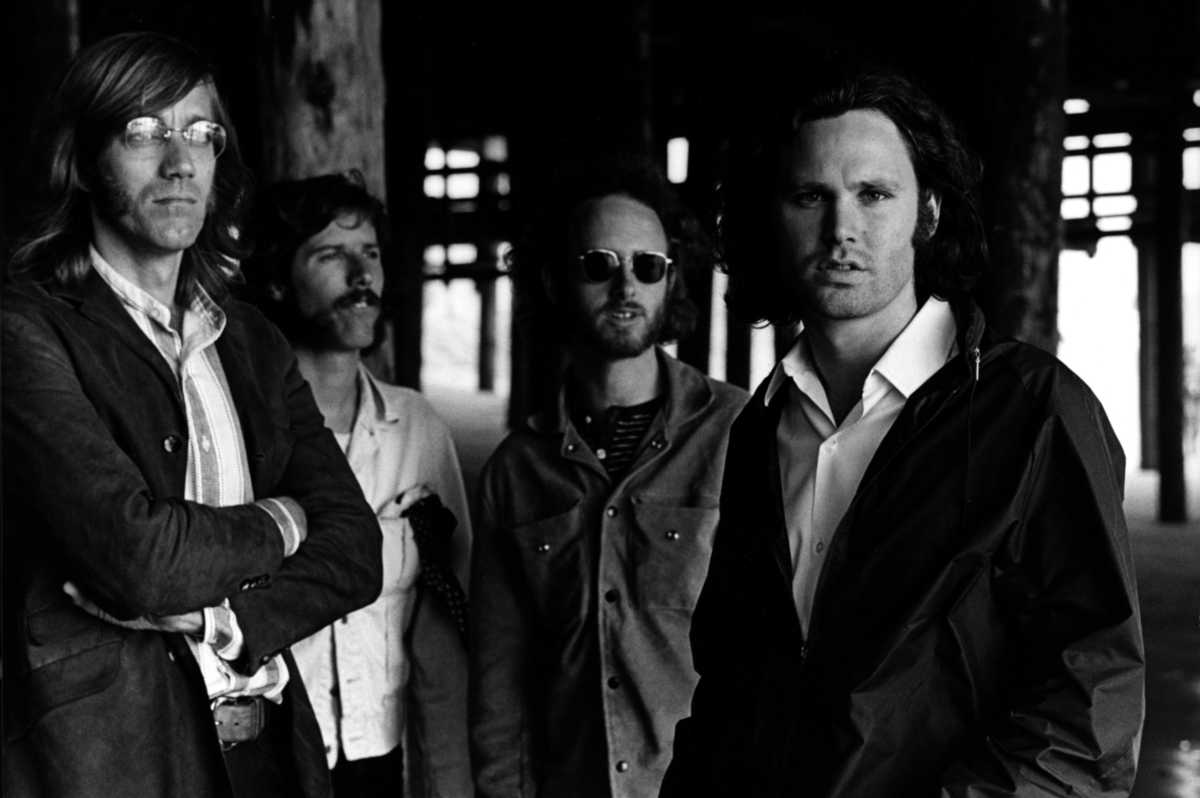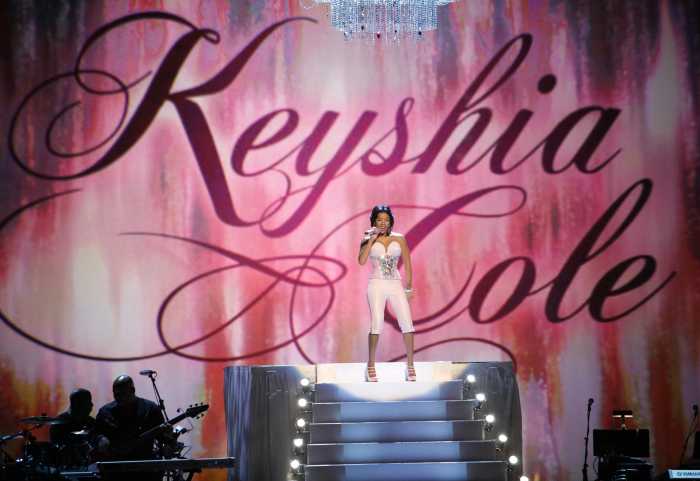Rock and roll loves to remember, with 2021 being a banner year for grand scale anniversaries. Yet while Nirvana celebrates 30 years of ‘Nevermind,’ and The Rolling Stones 40 years of ‘Tattoo You,’ The Doors had to take things one step further for this fall’s 50th anniversary of the quartet’s last recorded album, the raw, bluesy ‘L.A. Woman.’
After the publication of ‘The Collected Works of Jim Morrison: Poetry, Journals, Transcripts, and Lyrics’ and its revelations of Morrison’s final journal from Paris, this season welcomes a wealth of Doors totems and events. Along with live movie theater screenings of ‘The Doors: Live at The Bowl ’68 Special Edition’ on Nov. 4—showing at Landmark Ritz Five, AMC Franklin Mills and Regal UA King of Prussia—Rhino Records continues its catalog reevaluation of The Doors with an expanded version of 1971’s ‘L.A. Woman.’
Then, there’s the recent publication of guitarist-songwriter Robby Krieger’s memoirs, ‘Set the Night on Fire: Living, Dying, and Playing Guitar with The Doors.’ The last of the original quartet to pen anything autobiographical, Krieger will appear at a virtual event on Nov. 8 at the Free Library of Philadelphia, and on Halloween, Oct. 31, Krieger and his trio will play the music of The Doors at the Keswick Theatre in Glenside, PA.
“I was reluctant to start any autobiography, at first, back when Ray and John’s books were out,” says Krieger of fellow Doors co-founders, late keyboardist Ray Manzarek and drummer John Densmore, who published, respectively, ‘Light My Fire’ in 1999, and ‘Riders on the Storm: My Life with Jim Morrison and the Doors’ in 1991.
“Their two books caused a lot of problems among the three of us,” admits Krieger. “Who really wanted to deal with personal and profession hassles again? I didn’t want to cause more trouble, so, I waited. Pretty soon, 30 years have gone by. When the pandemic hit, there was time to write. I figured I should finish this thing.”
Considering other Doors memoirs, to say nothing of the famed ‘No One Here Gets Out Alive’ by Jerry Hopkins, Krieger’s ‘Set the Night on Fire’ does not traffic in the hyperbole of his fellow scribes. In particular, in Doors lore, Manzarek was often called the most dramatic re-teller of the quartet’s mythology — something Krieger avoids in his cinematically-told autobiography.
On Morrison’s long-standing feelings that the rest of the band had not given their all to The Doors, Krieger believes that the baritone crooning literary lion was simply more obsessive about music than they.
“Jim said that he was in it 24 hours a day, but, in reality, he wasn’t any more deeply connected to the music that us. That’s BS. Jim spent more time f&*$#g around, getting drunk and getting into trouble than he did deal with the music. We had lives, wives, girlfriends and other commitments. He lived free and crashed where he landed.”
On describing famous Doors events such as performing ‘Light My Fire’ on CBS’ star-making ‘Ed Sullivan Show’ in 1967, Krieger is simply more pragmatic, and less theatrical. “Ray was an embellisher,” says Krieger with a laugh. “When Jim was around, Ray was held in check. His true nature only came out when Jim was gone. Ray’s whole life – all of us really – was tied up in The Doors. He couldn’t let go. So, he tended to exaggerate, which was kind-of annoying. After we broke up, I didn’t think people would care about The Doors ever again.”
To this end, Krieger – the writer and co-writer of Doors’ songs such as ‘Light My Fire,’ ‘Love Me Two Times,’ ‘Touch Me,’ and ‘Love Her Madly’ – the guitarist has had a long, oblong-jazzy solo career of albums such as 1989’s ‘No Habla,’ 2000’s ‘Cinematix’ and 2020’s ‘The Ritual Begins at Sundown,’ and bands beyond The Doors such as Red Shift.
“Before and after The Doors, I never stopped loving music,” he says.
“Ultimately however, Ray was right,” adds Krieger. “The Doors ARE something that people should never forget. One hundred years from now, people will still be into The Doors. Not because Ray said ‘Jim did this,’ or ‘Jim did that.’ Rather, it is because of the power of the music. Plus, the success of The Doors set me up to be able to do whatever I want for the rest of my life.”
There is a small brain trust of people left to deal with all things Doors. Drummer John Densmore is still in on decisions, and their one-time engineer Bruce Botnik had a huge hand in reshaping the 2021 ‘L.A. Woman’ anniversary as well as the ‘Hollywood Bowl Live’s’ concert sound for 5.1 Dolby Atrios propulsion.
“Bruce has done everything, from box sets to whatever single album archival releases The Doors have put out in the last 10 years, all based on what he did in the past,” says Krieger. “I, however, am the only one who plays the music, live.”

































